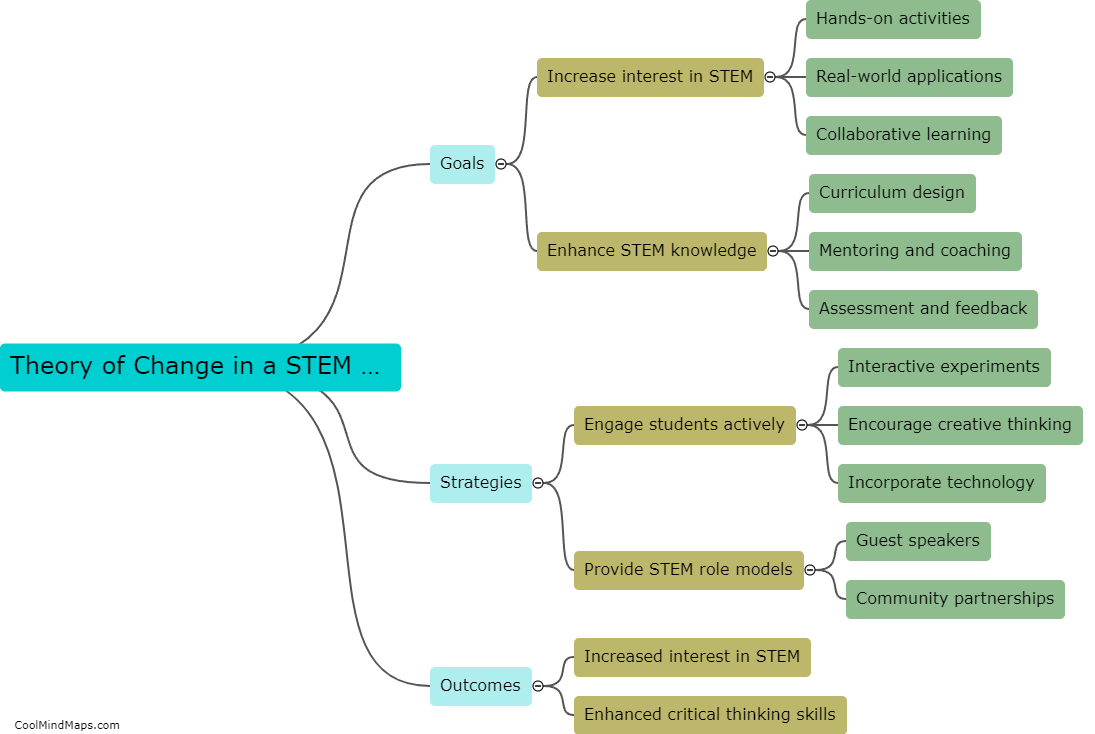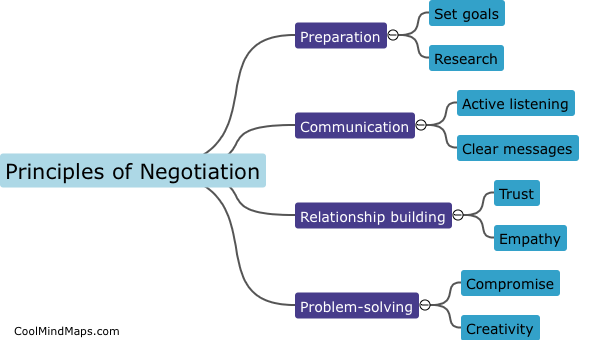How does self-trust impact mental well-being?
Self-trust plays a crucial role in mental well-being as it affects how individuals perceive and navigate the challenges they encounter in life. When individuals have high levels of self-trust, they are more likely to believe in their abilities to cope with difficulties and make sound decisions, leading to a sense of control and confidence. This, in turn, can lead to reduced anxiety, increased self-esteem, and overall improved mental health. On the other hand, low self-trust can result in self-doubt, negative self-talk, and increased stress, all of which can have detrimental effects on mental well-being. Building and cultivating self-trust through self-awareness, self-compassion, and positive self-talk can help individuals better manage their emotions, make healthier choices, and ultimately lead to a more fulfilling and balanced life.

This mind map was published on 20 September 2024 and has been viewed 43 times.











